
Women's Empowerment
-
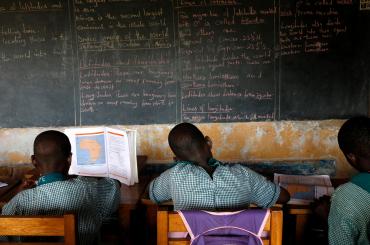
Expanding secondary education in Uganda: A pathway to women's empowerment
Despite the increased access to primary education in sub-Saharan Africa, secondary school enrolment and completion remains low. Evidence from Uganda reveals that universal secondary school policies can play a transformative role in women’s empowermen...
-
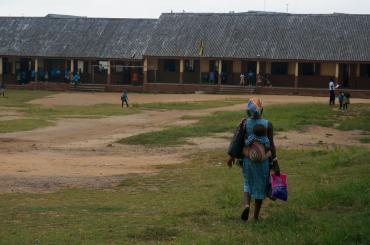
Subsidising secondary education has huge benefits, for this generation and the next
As countries in Sub-Saharan Africa debate the costs and benefits of subsidising secondary education, a 15-year RCT in Ghana finds large multi-generation impacts.
-
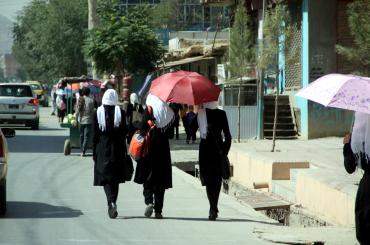
The impact of a gender quota on women’s education in Afghanistan
Gender gaps in access to education have persisted in low- and middle-income countries, despite all but closing in high-income countries. Affirmative action for women in public universities in Afghanistan increased the share of women admitted by 32%. ...
-
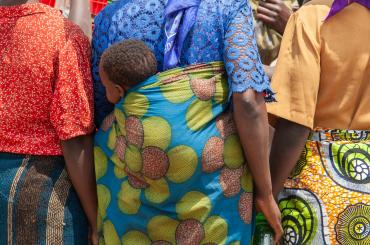
Does empowering women to communicate at home improve child health outcomes?
Adding communication skills training to health classes for mothers in Uganda increased women’s voice in household decisions but not sufficiently to generate transformative impacts on most child health outcomes
-
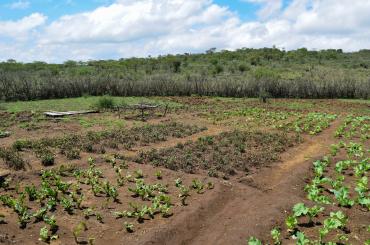
The benefits of small-scale irrigation pumps for Kenyan farmers
Small-scale irrigation pumps in Kenya provided both economic and non-economic benefits to smallholder farmers, and improved the position of women in the household
-
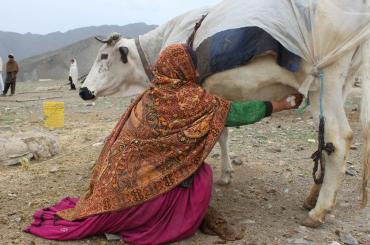
Evaluating the impact of the Targeting the Ultra Poor programme in Afghanistan
Two years after receiving a ‘big push’, women in some of the country’s poorest households perform better across many dimensions, including equality